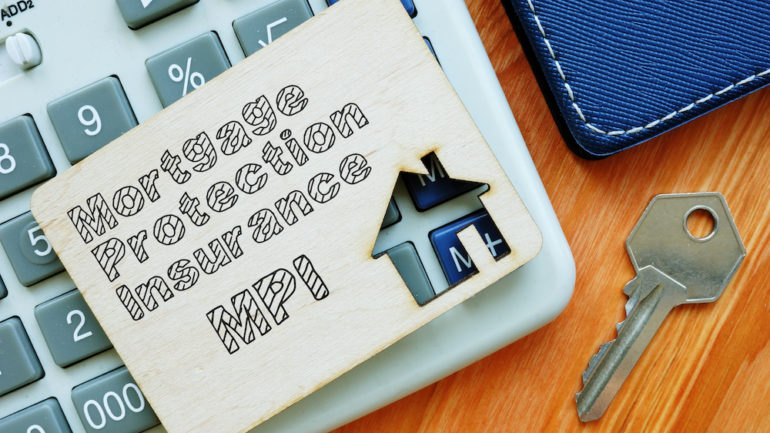Several types of insurance can come into play if you own a home. One of them is mortgage protection insurance. What does this insurance cover? Should you buy it? Here’s what you need to know.
Paying off the mortgage
The purpose of mortgage protection insurance (MPI) is to pay off the homeowner’s mortgage should he or she die before it is paid in full. The lender is the policy’s only beneficiary, so the policy pays the lender directly. Some MPI also pays off the mortgage in the event of the homeowner’s disability or job loss. Purchasing PMI is voluntary. The product is sold by mortgage companies, banks affiliated with lenders, independent insurance agents and brokers. Buyers generally purchase the insurance at the time they buy a home but can usually do so for a few years afterward.
Private mortgage insurance, generally referred to as PMI, pays off your mortgage under a different set of circumstances. Lenders require PMI when a buyer puts down less than 20 percent on a home the lender is financing. PMI pays the lender if the buyer defaults on the mortgage. The borrower pays the mortgage company a premium on the policy along with the principal, interest and tax payments each month. Once the borrower has paid down her loan balance to less than 80 percent of her home’s valuation, she no longer needs PMI.
Note that neither of these types of insurance pays for damage to your home or injuries to visitors on your property. That’s the job of homeowner’s insurance, a form of property and casualty insurance that has nothing to do with paying off a mortgage.
Should you purchase MPI?
It’s important to understand that term life insurance can generally provide the same or greater protection as MPI. A homeowner who buys life insurance can purchase an amount sufficient to pay off the mortgage and provide for other needs of his beneficiaries, such as living expenses. Additionally, beneficiaries have more options with life insurance than with MPI; they can choose to pay off the mortgage or not, depending on circumstances. Therefore, for young, healthy homeowners who have life insurance, MPI is generally an unnecessary expense.
Other disadvantages to MPI are:
- It is significantly more expensive than life insurance.
- PMI’s monthly payment often will not decrease over the life of your mortgage, even though you may owe very little toward the end of your mortgage term.
But PMI may be advantageous for older or less healthy homeowners. Age or certain health conditions may make life insurance prohibitively expensive or even impossible to get. MPI policies that pay in the event of disability or job loss provide a further benefit over life insurance.
Related – Don’t Be Surprised By Private Mortgage Insurance


